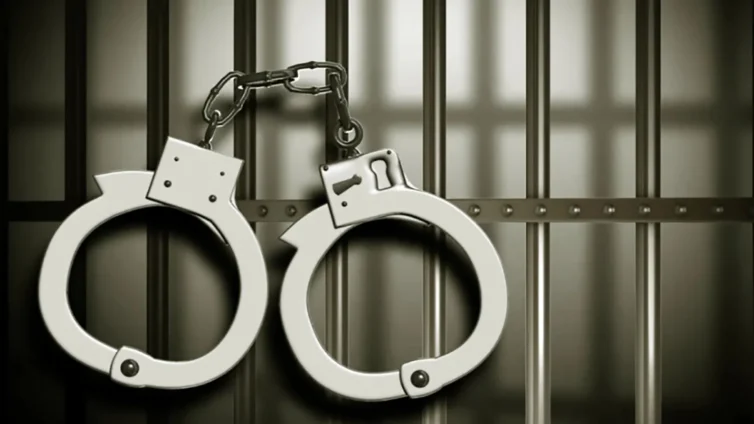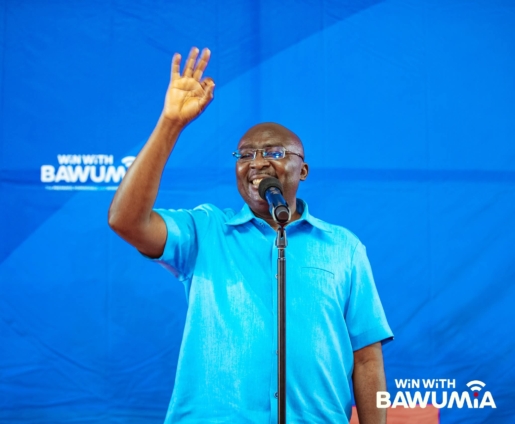Barring any unforeseen circumstances, educational institutions in the country will reopen from the middle of this month, theghanareport.com has learned.
This follows a Wednesday cabinet meeting, chaired by President Nana Akufo-Addo, in which the reopening of schools featured prominently.
With COVID-19 spike raising concerns about the reopening of schools, sources within the government say the consensus had been that elaborate COVID-19 protocols be rolled out to safeguard the students against a potential spread.
According to a source at the education ministry, who asked not to be named, pre-schools’ reopening remained a major headache for the government.
“It is difficult to say for a fact that pre-schools will be opened at the same time because of the concerns that toddlers will be unable to adhere to the protocols.
“There were discussions about how worried parents are since children have been home for almost a year. But the government priority is also to ensure that we don’t compromise the health of any family,” the source said.
Ahead of the President’s State of the Nation Address on Tuesday, many are optimistic the government’s position on reopening of schools will be known.
RELATED: WHO And Unicef Urge Reopening Of Schools In Africa
In other parts of the world, including South Korea, Germany, the United States and New Zeland authorities were forced to shut down schools as they confronted a second wave of the virus weeks after reopening.
In Ghana, President Nana Akufo-Addo announced the shut down of schools on March 15 as part of efforts to curtail the spread of the virus. This shifted almost all students in the country to remote learning at a time the country recorded its index case on March 12.
However, schools reopened for final year students in senior and junior high schools to take their exit examinations.
President Nana Akufo-Addo on Sunday, August 31, 2020, during his 16th COVID-19 update to Ghanaians, announced that all nursery, kindergarten, primary, Junior High School (JHS) 1 and Senior High School (SHS) 1 student and pupils would have the completion of the 2019/2020 academic year postponed to January 2021.
He subsequently postponed the reopening of tertiary schools in the country to January 2021.
However, second-year students in junior and senior high schools were allowed back in school on October 5, 2020, to complete the 2019/20 academic year.
According to data collected by UNESCO, classrooms for nearly 1 in 5 schoolchildren globally – or 320 million – are closed as of December 1, 2020, an increase of nearly 90 million from 232 million on November 1, 2020. In contrast, the month of October saw the number of schoolchildren affected by school closures decrease nearly three-fold.
“In spite of everything we have learned about COVID-19, the role of schools in community transmission, and the steps we can take to keep children safe at school, we are moving in the wrong direction—and doing so very quickly,”
“Evidence shows that schools are not the main drivers of this pandemic. Yet, we are seeing an alarming trend whereby governments are once again closing down schools as a first recourse rather than a last resort.
“In some cases, this is being done nationwide, rather than community by community, and children are continuing to suffer the devastating impacts on their learning, mental and physical well-being and safety,” Robert Jenkins, the UNICEF Global Chief of Education, said.
According to experts, when schools close children risk losing their learning, support system, food and safety, with the most marginalized children – who are the most likely to drop out altogether – paying the heaviest price.
UNICEF fears that as millions of children remain out of their classrooms for more than nine months, many more could be re-living the upheaval.
















